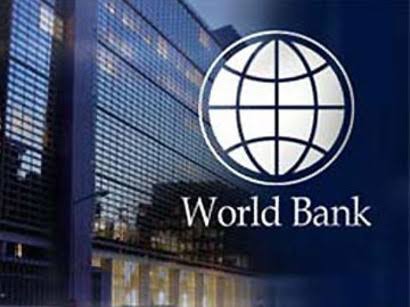The World Bank has approved a $500 million loan to support Nigeria’s Community Action for Resilience and Economic Stimulus Program, a major initiative aimed at providing financial relief and strengthening economic resilience for vulnerable households and businesses.
The approval, granted on March 28, 2025, signals an effort to tackle Nigeria’s economic challenges by expanding access to livelihood support, food security services, and targeted grants. The program is designed to cushion the impact of inflation, high living costs, and economic fluctuations by directing resources to those most in need.
The loan will fund various interventions, including direct cash grants to small businesses and struggling households, helping them withstand economic downturns. By improving food security and creating economic opportunities at the grassroots level, the initiative seeks to drive long-term stability and recovery.
In addition to the $500 million already approved, two more loans are expected to receive the World Bank’s final approval this week. One, valued at $80 million, is intended to accelerate nutrition improvements in Nigeria, addressing malnutrition and food insecurity. The second, worth approximately $552 million, is focused on enhancing the quality of basic education, ensuring broader access to learning opportunities for Nigerian children.
Both projects are still in negotiation and are scheduled for approval on March 31, 2025. These loans form part of a larger financial commitment by the World Bank to Nigeria’s development, supporting key sectors such as healthcare, education, and economic resilience
Since President Bola Tinubu took office, the World Bank has approved 11 different loan projects for Nigeria, bringing the total loan commitment to $7.45 billion in under two years. However, concerns remain about the country’s pace of fund utilization, as only $774.99 million of the previously approved $4.95 billion had been disbursed as of July 2024.
Nigeria’s total debt to the World Bank now stands at $17.32 billion, with the bulk of it—$16.84 billion—owed to the International Development Association (IDA). This amount accounts for 39.14% of Nigeria’s total external debt. Meanwhile, the International Bank for Reconstruction and Development (IBRD), another branch of the World Bank, is owed $485.08 million, representing 1.13% of Nigeria’s foreign debt burden.
As Nigeria continues to secure international loans to address its economic challenges, questions persist over how effectively these funds are being implemented to achieve meaningful impact.










